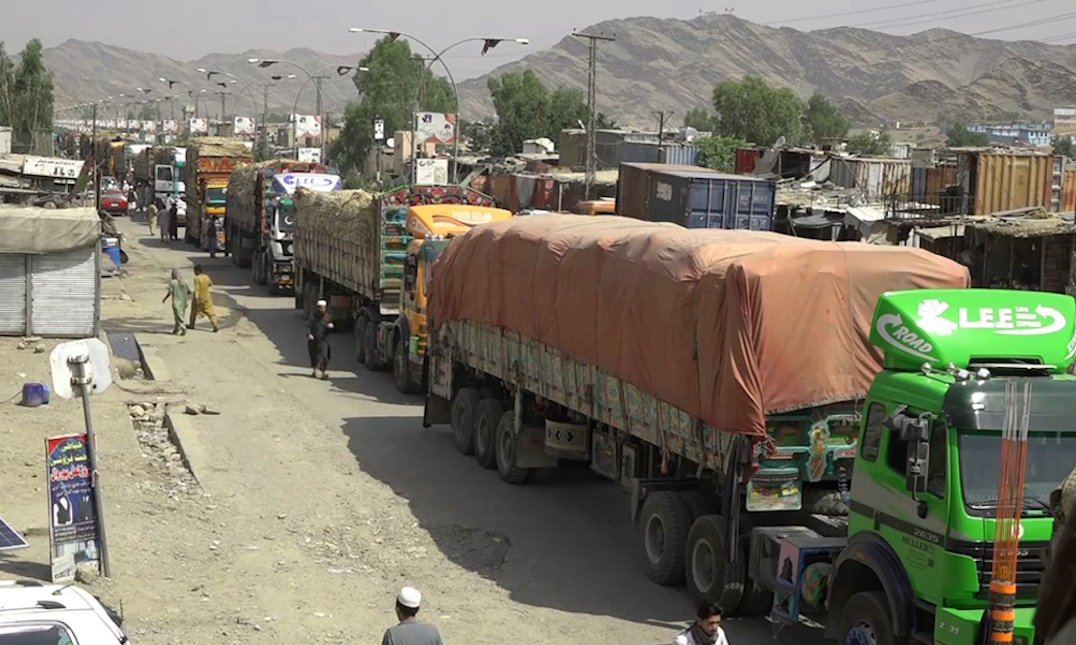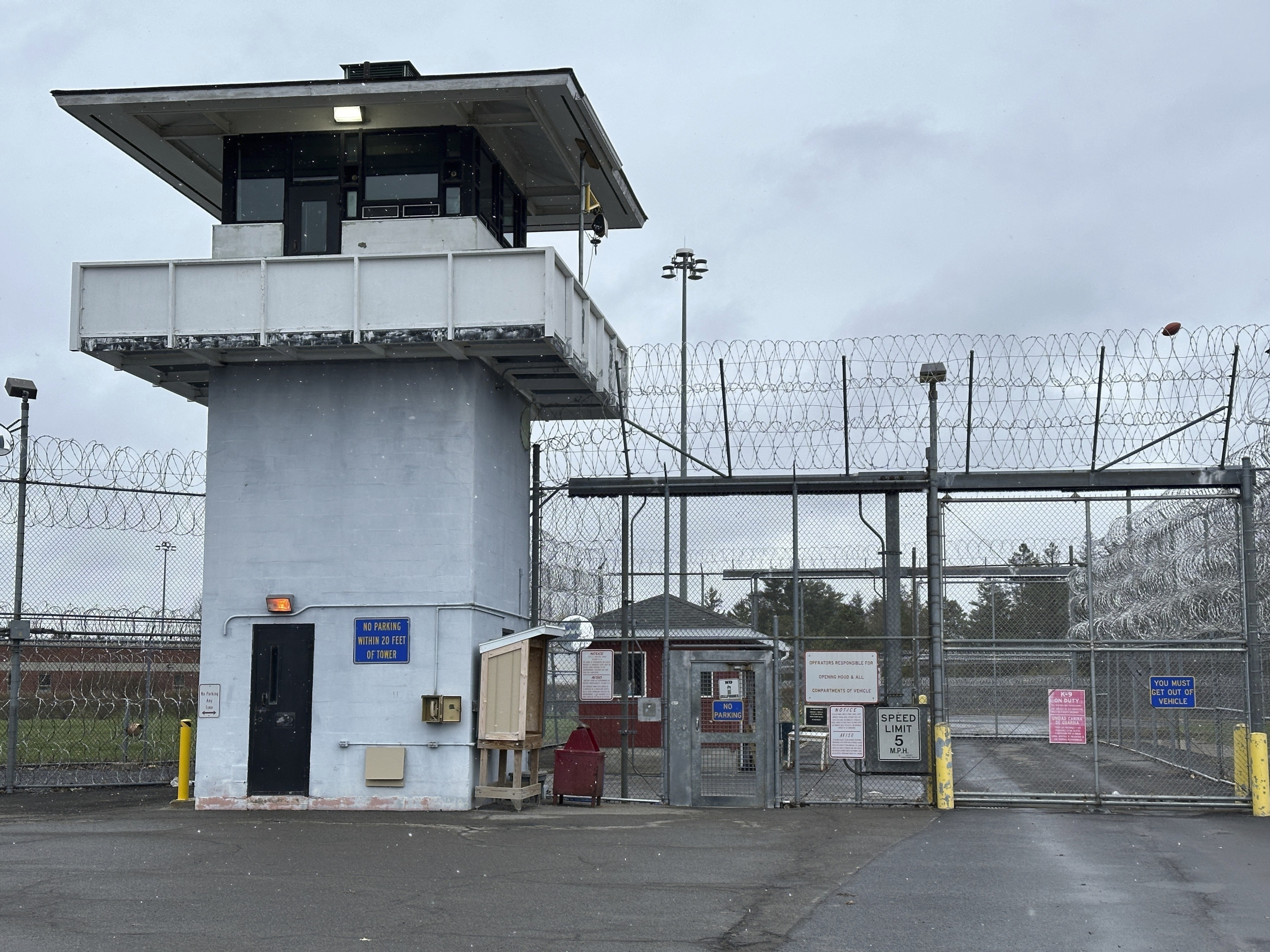By admin
Copyright dawatmedia24

CHAMAN/SPIN BOLDAK – A severe disruption at the Spin Boldak-Chaman border crossing, one of South Asia’s most critical trade arteries, has left nearly 18,000 commercial vehicles stranded, inflicting significant financial losses on Afghan traders and exacerbating tensions between Pakistan and Afghanistan.
Local officials in Afghanistan’s southern Kandahar province report that the gridlock is a direct result of new and persistent obstacles imposed by Pakistani authorities, including a drastic reduction in the number of vehicles processed each day.
A Trickle Where a River Once Flowed
Hafiz Haqmal, the Information Officer for Spin Boldak district, stated that the Pakistani side has consistently created “obstacles and excuses” that hinder cross-border movement. The scale of the slowdown is staggering.
“Previously, hundreds of empty trucks could cross daily without issue. Now, Pakistani officials are allowing only 30 to 40 vehicles to pass,” Haqmal explained. “This has created a backlog of nearly 18,000 trucks, causing a humanitarian and commercial crisis for thousands of people dependent on this route.”
While high-level discussions between the two governments have occurred, Haqmal noted that no concrete solution has been implemented. The restrictions appear to target vehicles only, as pedestrians carrying valid passports continue to cross without difficulty.
Mounting Losses and Spoiled Goods
For the business community, the delays are devastating. Afghan traders described a once-thriving trade route that has been brought to a standstill.
“Averaging 1,200 truck crossings a day, goods used to arrive on time and business was predictable. Now, Pakistan delays both loaded and empty trucks indiscriminately, which is strangling our trade,” said Ahmad Shah, a trader waiting to send his goods to Pakistan.
Another trader, Mohammad Anwar, placed the blame squarely on Islamabad. “The Afghan authorities have never caused these delays. The obstacles are entirely from the Pakistani side,” he asserted. “When trucks are held for days, perishable goods like fruits and vegetables spoil. This leads to massive financial losses for us, which in turn drives up prices for ordinary consumers in both countries.”
Drivers and Refugees Bear the Brunt
The human cost of the impasse is equally severe. Truck drivers, often the first to feel the impact of border politics, are facing immense hardship.
Sharifullah, a driver, contrasted the current situation with the past: “Over a thousand trucks used to cross here daily. Now, we’re lucky if fifty make it through. Our trucks are stuck, our goods are rotting, and our losses are mounting every hour.”
Rahmatullah, another driver, highlighted the personal toll: “I have been waiting at this crossing point for five days. Instead of earning a living for my family, I am burning through my savings on food and expenses. Our patience is wearing very thin.”
The restrictions have also impacted refugees and migrants. Abdul Wali, a traveler, reported that transportation costs have skyrocketed due to the risks drivers now face. “Before, one truck transported people for 100,000 Pakistani rupees. Now, it costs 200,000 or more because drivers know they risk being stranded on the Afghan side for days,” he said.
A Call for Resolution from the Business Community
Abdul Baqi Bina, Deputy Head of the Kandahar Chamber of Commerce, emphasized that the delays are a lose-lose situation, harming economic interests on both sides of the border. However, he confirmed that the primary disruptions originate from Pakistani policies.
“This is not just an Afghan problem; it hurts Pakistani importers and consumers as well,” Bina stated. “We urgently call on the Pakistani side to act in good faith. Each arbitrary closure or delay damages commercial confidence and inflicts real economic harm on both our nations.”
Broader Context and Significance
The Spin Boldak-Chaman crossing is the second-most important trade terminal between Pakistan and Afghanistan after the Torkham crossing. It sits on the contentious Durand Line, the 2,640-kilometer border established by British India in 1893, which modern-day Afghanistan has never formally recognized.
Border tensions frequently flare up, with Pakistan often citing security concerns, including the movement of militants, as a reason for tightening controls. These periodic closures and slowdowns have long been a point of contention, undermining efforts to stabilize bilateral trade, which is vital for the economies of both countries, particularly landlocked Afghanistan.
The current standoff underscores the fragile nature of cross-border relations and the immediate, tangible consequences for traders, drivers, and families whose lives and livelihoods depend on this crucial passage.



